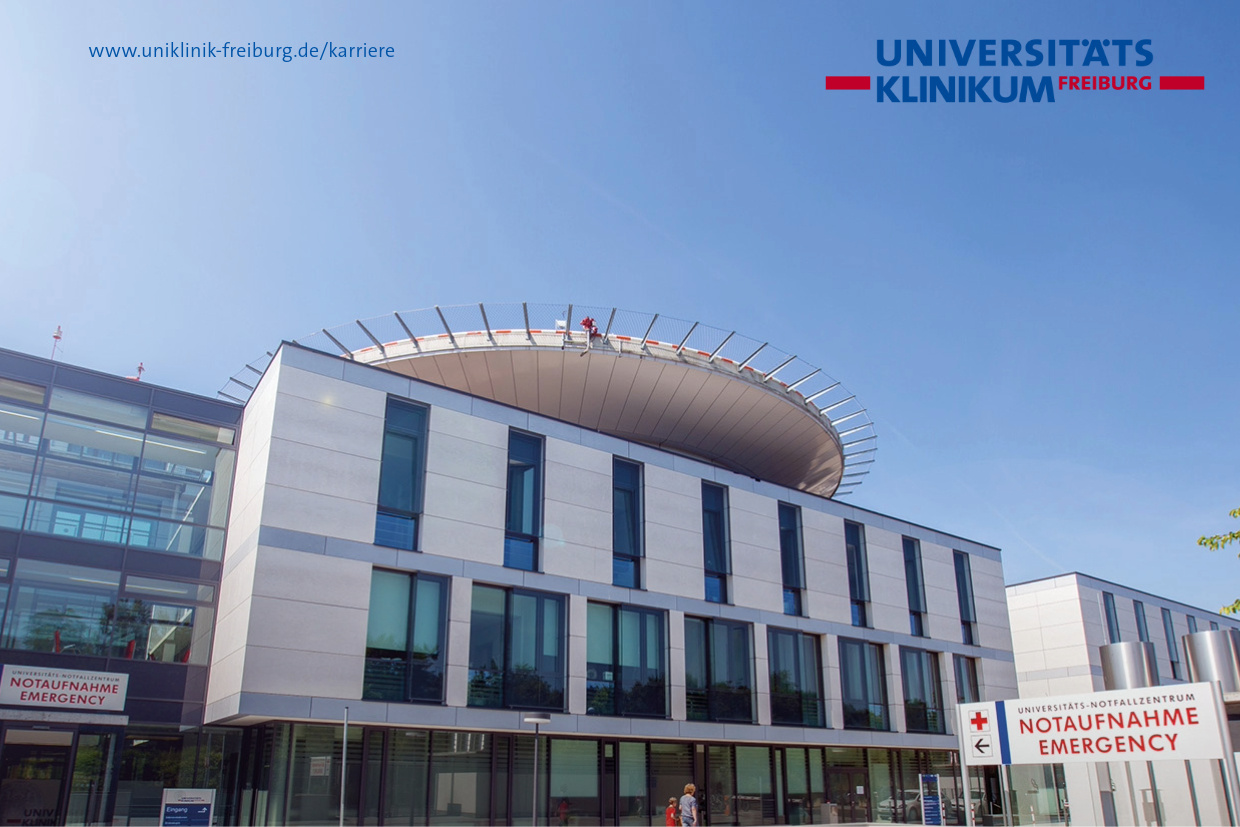The Department of Radiology, Medical Physics is looking for a
Master Student - Evaluation of Prostate Microstructure Using Diffusion Magnetic Resonance Imaging (MRI) (m/f/d)
Prostate cancer is the most common tumor in men and the second leading cause of death after lung cancer. Unfortunately, blood tests give only an indirect hint on prostate cancer probability. The current gold standard for prostate cancer diagnosis is the invasive biopsy, which is uncomfortable and can miss the tumor lesion. MRI is a noninvasive way to obtain 3D prostate images for diagnostics and surgical planning. However, the contrast of prostate MRI is poor. A complementary imaging modality remains an unmet medical need.
To overcome these challenges, this MSc project will use microstructural MRI, a developing branch of MRI that provides biological information well beyond the actual imaging resolution. For example, we were the first to evaluate the average caliber of brain microvasculature in patients, which is about 10 μm (compared to a 200fold coarser image resolution of 2 mm) [1]. The paradigm of microstructural MRI is to create a biophysical model con-necting the tissue properties with specifically prepared MRI signal. After the measurement, the tissue properties (e.g., cell size) can be calculated from the signatures of the MR signal.
In this thesis a new method for prostate cancer detection will be developed using time-dependent water diffusion [2]. Healthy prostate tissue includes fluid-filled spaces (lumina, cf. Fig. 1) which are too small to be imaged. In MRI these spaces create a slowly attenuating signal component, and their diffusion-hindering boundaries result in a specific signature in the measured tissue diffusion coefficient [3]. The aim of this study is to investigate whether the geometry of the fluid-filled spaces is an indicator of tissue com-pression by a tumor.
We offer:
- an interdisciplinary dynamic research environment and the state-of-the-art lab equipment
- improving biophysical modeling and numerical computation skills
- a better understanding of MRI Physics
- academic publications and a potential extension of the project towards a PhD project
The successful candidate should have an interest and initial experience/background in:
- Physics
- Software experience in Matlab and/or Pyton
- understanding theoretical physics is a plus
The study will be conducted in the research group Experimental Radiology (Prof. Michael Bock) in close collaboration with the clinical radiology. Prof. Valerij Kiselev will provide support with biophysical theory. The position is limited to 1 year.
The starting date is negotiable. Please submit your application and documents (preferably by email) to:
Universitätsklinikum Freiburg
Radiologische Klinik - Medizin Physik
Killianstraße 5a, 79106 Freiburg
Radiologische Klinik - Medizin Physik
Killianstraße 5a, 79106 Freiburg
Any questions? Please send us an email:
Prof. Dr. Michael Bock
michael.bock@uniklinik-freiburg.de
michael.bock@uniklinik-freiburg.de



